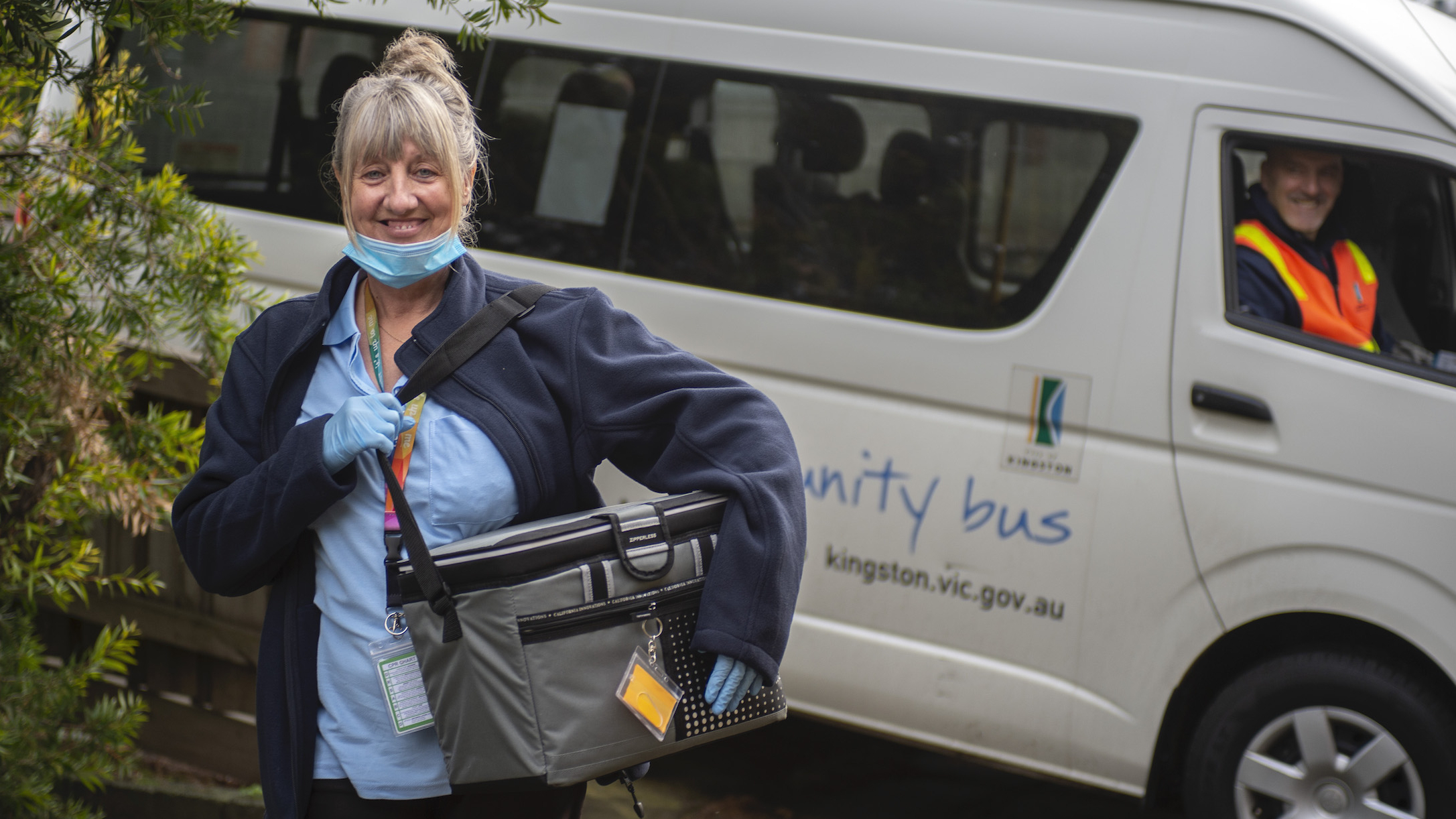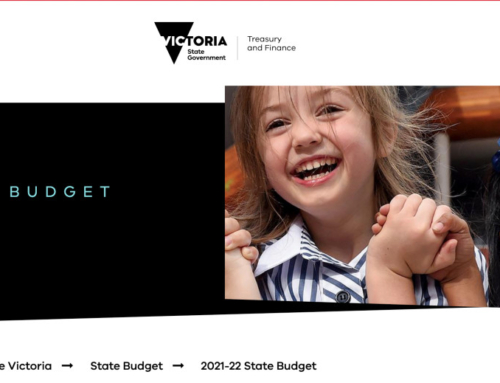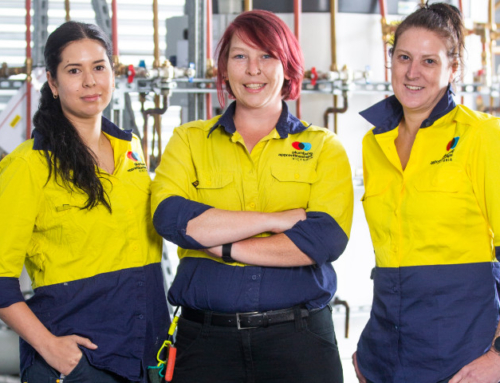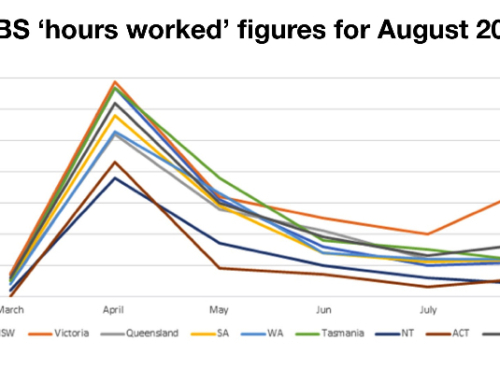
Kingston’s AccessCare team continue to deliver meals during the pandemic.
Keeping the community front of mind has driven Kingston Council’s innovative COVID-19 response that has seen community services continue and staff remaining engaged and productive despite many challenges.
When government restrictions forced the closure of key community facilities, leisure centres, libraries and community centres, local Councils across the country were faced with the challenge of how to serve their most vulnerable community members and divert staff from the unemployment lines.
When the Federal Government’s JobKeeper scheme wasn’t extended to local government employees, the City of Kingston decided to create its own.
The ‘Kingston JobKeeper’ scheme was just one of many innovations rapidly instigated by council in the wake of the pandemic.
The key to success for the Council is its people, and the crucial aim has been to keep them in meaningful work, so they could, in turn, deliver for the community.
“We really value our people,” City of Kingston CEO Julie Reid said. “So rather than standing down people not covered by the Federal Jobkeeper scheme, we developed our own version to provide our affected staff with paid, appropriate work as it becomes available.”
It was an innovation that boosted staff morale, supported productivity and of which Council is justifiably proud.
To ensure employees had the right work, the Council set up a skills’ register so that workers in areas that were forced to close due to the pandemic – such as the Waves Leisure Centre – could use their full range of skills to help the community. Around 50 staff were successfully redeployed to other areas of the organisation, so they could continue working.
The result saw out-of-work leisure centre staff working alongside the Parks team to boost Council’s annual weeding and planting programs, keeping local parks in top shape to cope with the increased demand during lock-down.
Others assisted local charities delivering emergency food parcels to community members in need.
A pool life guard studying public policy was put to work in the governance team to help bring about many changes caused by the introduction of the new Local Government Act.
Making the most of difficult times
For all the challenges the pandemic poses, there are also some silver linings.
Because of a COVID-19-inspired drop in traffic, Kingston has been able to accelerate road and footpath reconstruction projects by allocating extra resources to complete a number of projects well ahead of schedule.
“One challenge Council has faced is delays in the supply chain for some of our capital works projects, for instance where some complex elements such as lighting have to be imported because there were no local alternatives,” Ms Reid said.
But even these challenges have ultimately proved positive.
The import delays “highlighted gaps and opportunities that are available to local businesses”, Ms Reid says, and encouraged Council to think differently and even more carefully about the supply chain. This encouraged the ability to see new opportunities for businesses both locally and throughout Melbourne’s southeast region.
“One of the good things that has emerged is that businesses have a better understanding of what is missing locally because components can’t come in from overseas.”
Stronger businesses
Building resilient local businesses is a key focus for Council. As the second lockdown grips Melbourne, Kingston is bringing together industry leaders to create an Economic Recovery and Response Taskforce, to work in partnership with industry leaders and sector specialists to gain expert advice on how best to support local businesses through the crisis and beyond.
“The taskforce will include experts with the experience and the capability to understand individual businesses, the markets in which they operate, the stresses they face and what they need to do to survive and thrive,” Ms Reid said.
Kingston Council has also been providing relief to businesses through its $12 million economic support packages aimed at helping lessen the impact of COVID-19 on the community and business – with relief measures such as;
- Rates deferred until 30 June 2021 for businesses that apply under Council’s Hardship Policy
- No interest on overdue rates until after 30 June 2021
- Refund of health and food business registrations and footpath trading fees
- Rent waived for community groups for 12 months and most commercial tenants for up to 6 months
- A 5% reduction in the advertised 2020/21 Rates and Charges
“The taskforce promises sustained and strategic thinking that will help deliver jobs and identify business opportunities into the future by making sure support is given when and where it is most needed,” Ms Reid said.
Distributing locally made masks
As the second lockdowns kicked in, Council bought thousands of masks from Moorabbin-based fashion house fellahamilton, which is manufacturing personal protective equipment round the clock to keep up with demand, including water-resistant three-ply polyester-cotton masks.
“We purchased quality masks for our staff working in the field, so they can adequately protect themselves and the community members they are supporting,” Ms Reid said.
“Council is also getting ready to distribute masks to the vulnerable in the community on behalf of the Victorian Government.”
The masks initiative is only one example of Kingston Council providing support for the community on an individual level. The list is long and impressive. Highlights include:
- Launching a Community Support Hotline to link community with a range of local emergency providers who can provide food aid, financial assistance, home support and counselling services
- Providing ongoing welfare checks and social calls to the more than 5000 Kingston residents who receive home support through Kingston’s AccessCare.
- Responding to the significant spike in demand for mental health and family violence support services.
- Expanding the Home Library Service to deliver library books to vulnerable and isolated community members.
“Kingston is a Council that cares about our community and this guides our whole approach to pandemic response. Supporting our staff has allowed us to now concentrate on supporting residents and businesses,” Ms Reid says.
The results have been a great success with Kingston Council supporting vulnerable residents during COVID lockdown and keeping their staff supported and engaged.
Staff have reported feeling like they are providing services effectively which makes them incredibly proud to work for Kingston. Council’s regular staff engagement ‘Pulse Survey’ found 79% of Kingston staff felt engaged and connected to the organisation.






